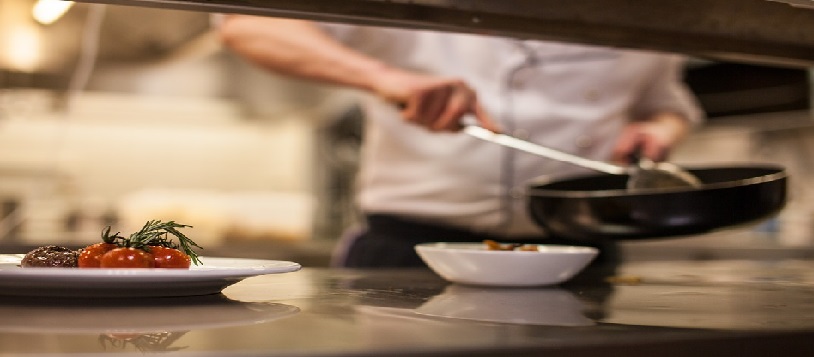Supply Chain Considerations for the Food and Drink Industry
Modern supply chains are much more than a means of moving product from one destination to another. For supply chains to work at their best, it is important that everyone in the chain is fully informed and engaged, from the supply of primary ingredients through to delivery of the final product to the customer. The need for traceability has never been higher. With so many steps in the chain, it is important to have the correct insurance cover.
Trends in the food and drink sector can be changeable and to a certain extent are dictated by the end customer or consumer. This means food and drink manufacturers must look both inwardly at their own supply chain and outwardly to their target market. For example, good sales leads can suffer due to poor logistics, inadequate supply of primary products, or other factors which can affect the supply chains such as a storm, natural disaster or even a government coup; all eventualities should be risk-managed and considered. Imagine finding you have developed a best-selling recipe that had generate lots of publicity, but find an essential ingredient is stranded on the other side of the world – not only is this a lost sales opportunity, but there is a potential damage to your reputation going forward because you cannot deliver.
Inefficient supply chains can also be a massive drain on cash (and other resources) and can have a serious effect on a company’s bottom line.
However, logistics are not the only challenge. There are many potentially ‘toxic’ risks when it comes to food and drink manufacture and distribution, so it is also important to look at your supply chain from a product liability perspective.
One poor ingredient from somewhere within the supply chain can lead to whole batches of product being contaminated.
It was not that long ago when the scandal broke that supermarkets that had to withdraw their burger ranges over horse meat fears. Tests found equine DNA in some of their products, after it was discovered suppliers from the Netherlands and Spain had added the ‘extra ingredient’ to the meat sent to an Irish processing plant that was part of the supply chain for all the supermarkets concerned. This part of the supply chain was forced to close and the plant sold as a consequence of their actions.
Beyond food and drink manufacturers being aware of their supply chains, restaurants and retailers also need to make sure they know where the products they are using or selling are coming from. Ultimately restaurants and retailers are responsible for what they sell and where it comes from.
With this responsibility comes risk and the above incidents highlight the need for proper cover in, for example, Product Recall, Directors and Officers Liability, and Public/Products Liability, not to mention reputational damage. We can help you review your own supply chain, to help you fully understand the risks involved and to advise how you can properly protect your business against them.
Don’t hesitate to contact us for further information.




Leave a Reply
Want to join the discussion?Feel free to contribute!